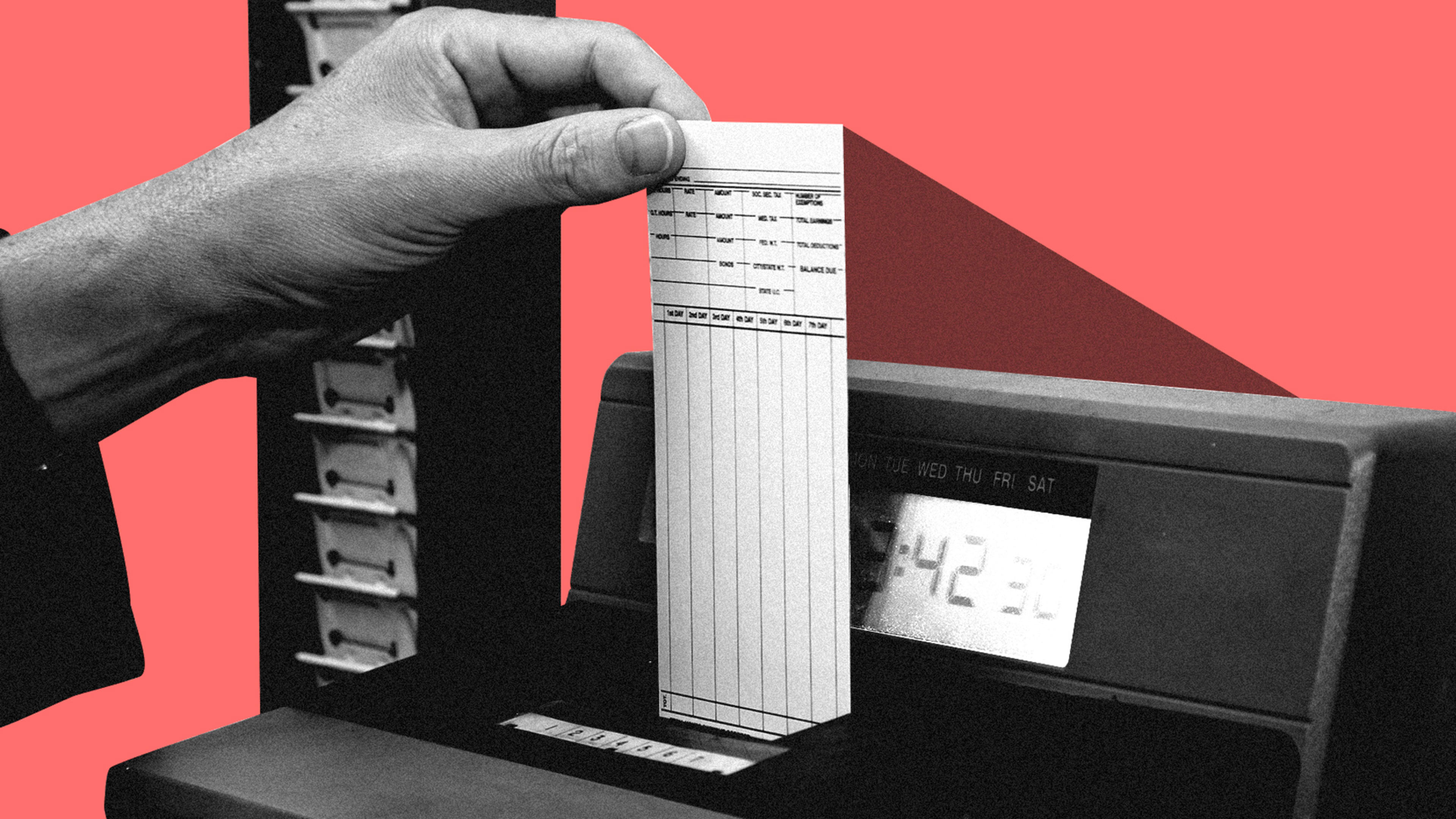An estimated 80% of Americans are living paycheck to paycheck, struggling to cover any unexpected expense like medical bills or car repairs. For hourly workers, the problem is, unsurprisingly, even worse. The financial penalties for missing just one shift are harsh, and often compounding: 49% would need to pay their utilities late. Another 29% would be forced to pay late rent, and 25% couldn’t afford their weekly groceries.
That data comes from a new report entitled “The Economic Impact of Missing a Single Shift,” based on a SurveyMonkey poll of 1,000 Americans working in retail, hospitality, healthcare, and banking. A Montreal-based company called WorkJam commissioned the survey, in part to highlight its own solution, a more modern scheduling software that could make it easier for workers to not suddenly miss that key shift.
“We have created what we call a digital workplace platform,” says Steven Kramer, the CEO and president of WorkJam, which works with Shell (for gas station and convenience store staffing) and Target (in Australia so far), as well as rental car company Avis. “This cloud-based solution essentially allows large organizations to create digital relationships with their employees and tie together a lot of disciplines and operations that have typically been siloed in an organization.”
The idea of “fair scheduling” is a rising issue in labor rights discussions. Many companies keep employees guessing about which shifts they will have, making it impossible to schedule things like child care or second jobs with any consistency.
WorkJam doesn’t fix the fundamental issue, but could offer some respite, as it lets employees view and modify their schedules online, allowing them to request time off and cancel or swap shifts with other workers. The company also has a feature called “Open Shift” that companies can use to crowdsource labor, allowing similarly trained employees at nearby locations to work in other spots that have available hours. “So communication, training, recognition surveys, task management–we’re digitizing a lot of the manual processes that you find in an hourly workforce environment.”
Case in point: WorkJam has found that over half of retail and hospitality employees still plan around “paper schedules posted in break rooms,” according to its own report. Meanwhile, more than 70% of hourly workers are looking for new jobs, in part because they’re dissatisfied with their current schedule and unable to reconcile things with their current managers. For some employers, such a solution may be better than seeing workers get frustrated and quit, which the company has found can cost as much as $4,000 per person in wasted recruitment and training efforts.
Recognize your brand’s excellence by applying to this year’s Brands That Matter Awards before the early-rate deadline, May 3.
